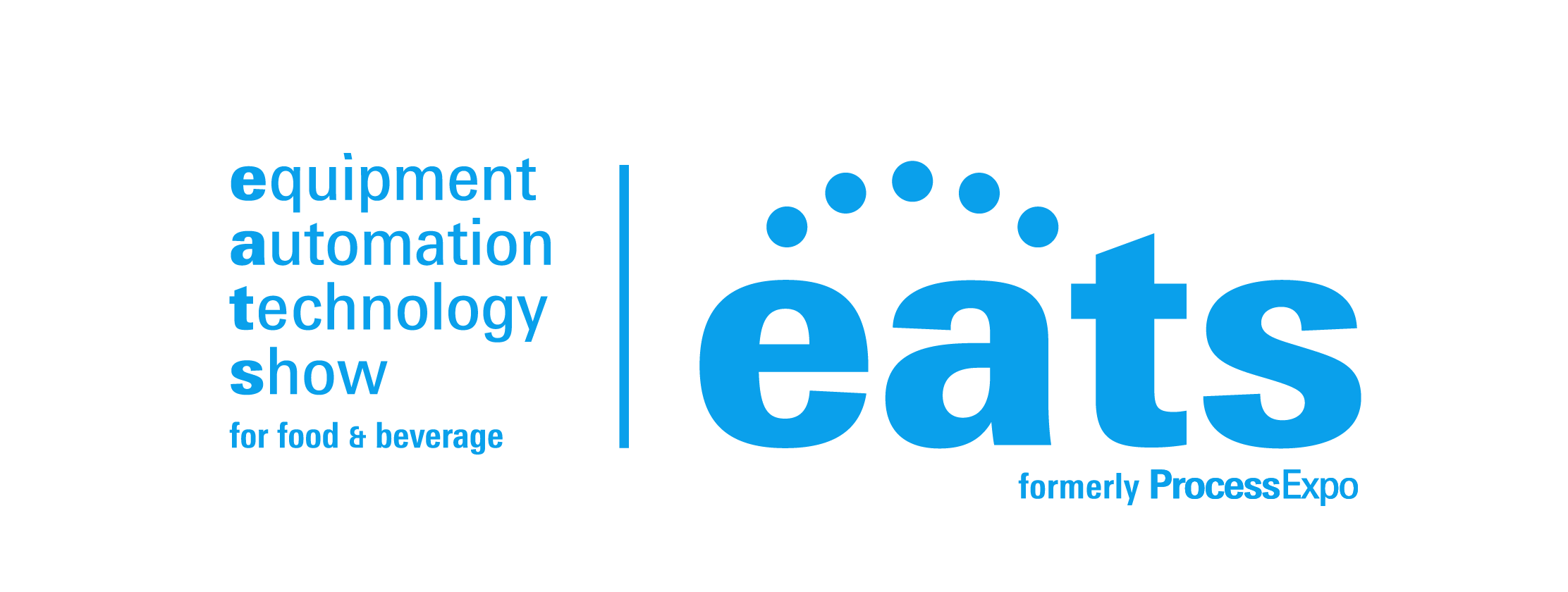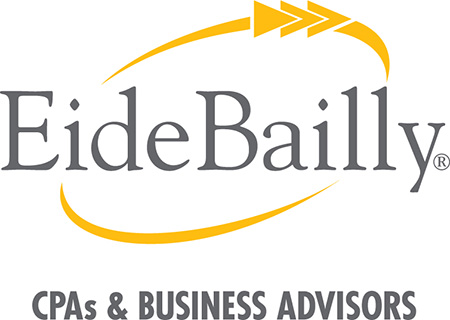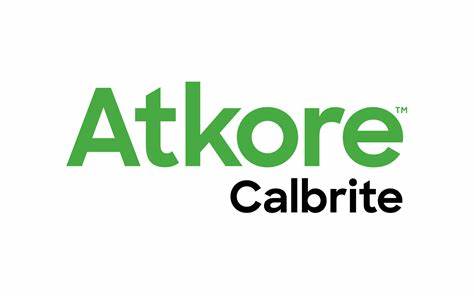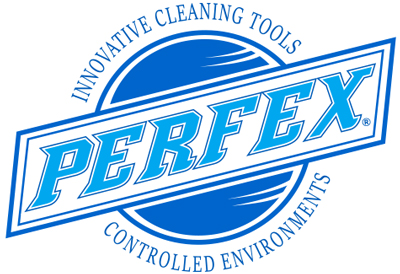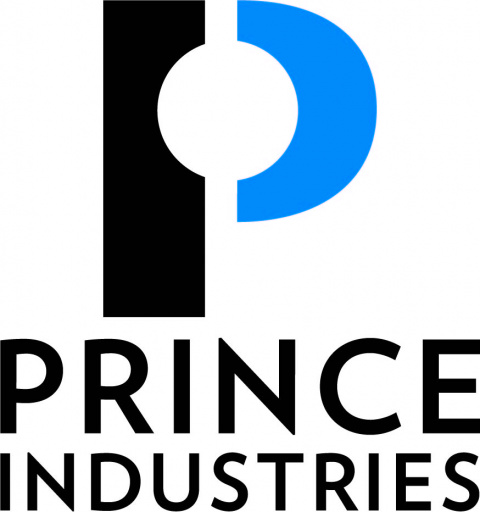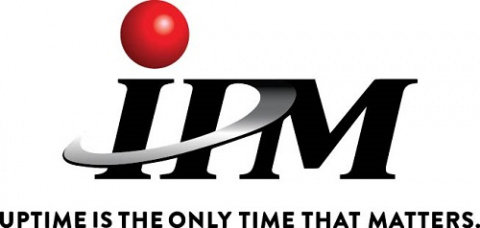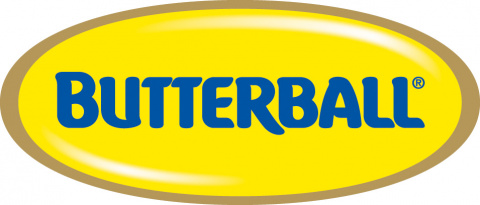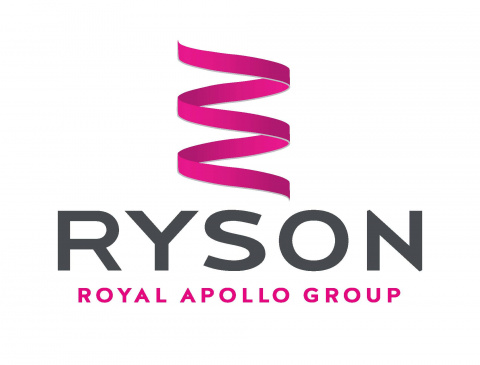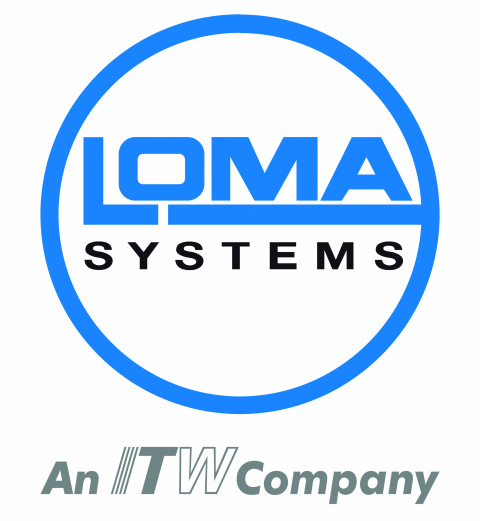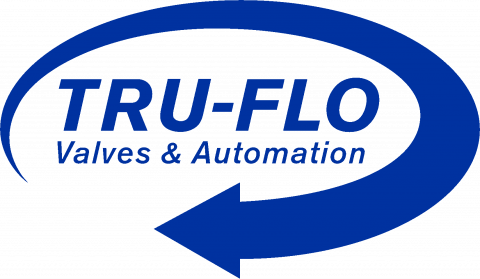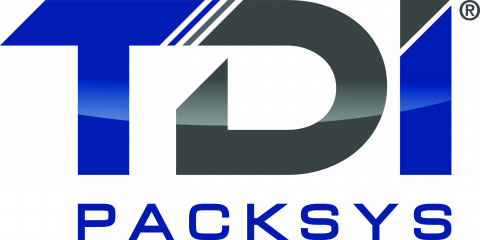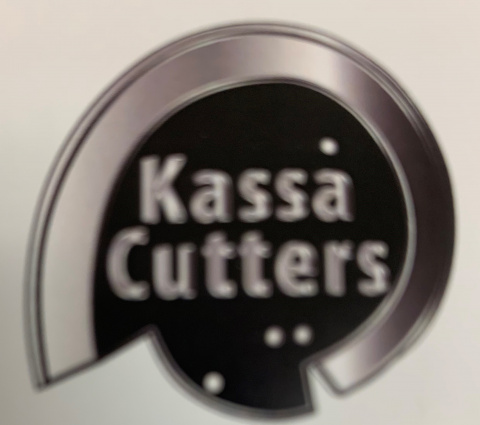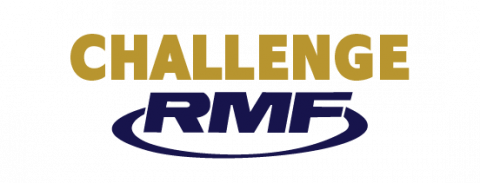
The 2018 FPSA Sales Conference will feature two days of education and networking to help you accelerate sales growth and improve sales performance and results. Learn more.
Most salespeople are terrible at their job. That’s not a judgment — it’s a conclusion based on evaluations of more than 650,000 salespeople working across many industries.
The data, from Objective Management Group, show that 6% of salespeople are elite, 20% are good but could be better, and a full 74% are failing. To make matters worse, the salespeople in the bottom quartile are “hopeless.”
What’s the difference between good and elite? Or even between failing and getting the job done? “Training!” says award-winning salesperson, acclaimed speaker, best-selling author, and founder of The Business LockerRoom, Kelly Riggs. “There’s no other part of business where we’d accept a failure rate of 3 out of 4. Salespeople are typically only trained in tactical areas, like how to handle objections. But if you’re not in front of the right people at the right time with the right message, it doesn’t matter how you handle objections. Good training teaches salespeople how to think like business people.”
Riggs believes that business is like sports, meaning that there are winners and losers. “When you win a deal, someone else lost; and when you lose, it’s because someone else won,” he says. “So, it’s in our best interest to learn how to play to win.”
This September at FPSA Fall Sales Conference, Riggs will run a half-day workshop that will teach you how to:
- Define a process that will allow you to consistently and reliably be in the right opportunity with the right message
- Articulate your competitive advantage while avoiding the commodity trap
- Use your time wisely to maximize face-to-face interactions with prospects
“The modern sales environment isn’t all that different, but the tools have changed.”
There’s no question that sales has changed in recent years — pretty much everything in life has changed! But the fundamentals remain the same. “There are still competitors, still variants of products and services, and still salespeople trying to find ways to get in the door and overcome challenges,” Riggs says.
What’s different now is that technology has made things more complex. “Now we have social media, LinkedIn, Google alerts, and many more ways to get information about prospects. Everything moves at a faster pace. You still need a process to identify opportunities and convert them into wins for your company. You still need people who are well trained so they can compete against others who are trying to do the exact same thing. But the required skill sets have advanced to involve social media and other digital technologies.”
“Most salespeople are product pushers who bombard their prospects with information.”
Riggs says that most companies that falter in the sales arena do so because their salespeople aren’t trained effectively. Their modus operandi is: “When times are good, we don’t train because we don’t have the time. And when times are bad, we don’t train because we don’t have the money.” Training isn’t prioritized. As a result, “most salespeople are walking, talking brochures. And we know where most brochures end up — in the trash can.”
The problem, to paraphrase sales pitch expert Oren Klaff, is that information alone has no persuasive value. “People don’t make decisions because of what they read in brochures,” Riggs says. “We make decisions based on our emotions. Persuasion is about tapping into the emotional aspect of the decision-making process.”
Understanding the emotions behind your prospects’ decisions will help you present them with the right message at the right time. “We need to uncover not just the professional agenda (i.e., the product or service a prospect is interested in), but also the personal agenda (what’s motivating them to make this purchase). Most people buy because they want to solve a problem, or they want to look good in front of their boss, or they want to avoid a particular consequence. By tapping into that, salespeople can create a presentation that doesn’t just push a product, but is engaging to the prospect.”
“Any company that isn’t using social media and other digital technologies is leaving the door open for competitors that are.”
As we mentioned earlier, classic selling principles haven’t changed, but sales tools have. Today, digital technologies can help you gather information about your prospects so you can learn the types of messages that will resonate with them.
For example, LinkedIn, Facebook, and other social media platforms allow you to connect directly with your prospects. This eliminates the need for cold calls.
“Cold calling is the worst thing in the world to do,” Riggs says. “But with social media, I can follow prospects, comment on their content, and build a foundation for a relationship. Then, I can reach out and say, ‘Hey, I’ve really enjoyed your content. I’d like to talk with you about what you’re doing to see if I can help. Can we get 5 minutes on the phone?’ Because we’ve already interacted on social media, they won’t be thinking, ‘Who is this guy?’”
Of course, adopting new technologies isn’t always easy, and the food and beverage processing and packaging industry has been slower than most to take advantage of digital tools. If you’re just starting to build your sales technology stack, what tool will bring you the most value from the get-go?
“A convenient, easy-to-use, and easy-to-implement CRM [customer relationship management] package,” Riggs says. “Even if your organization doesn’t have a CRM, you should use one, and there are free ones available.”
CRMs allow you to track your opportunities and stay current with your clients and prospects. Riggs notes that they’ve been around for a long time, but they’ve evolved. For example, most CRMs today can integrate with social media so you can follow and interact with prospects directly from your CRM software.
The trick to getting the most of a technology like CRM or social media is to make it habit. “You need to create habits to use these tools effectively so they won’t overwhelm you,” Riggs says. “For example, don’t spend so much time on social media that you don’t have any time left for sales calls. You have to be careful.”
“If you think selling is an 8-to-5 job, you’re in the wrong profession.”
Finally, Riggs says that aside from using technology, one of the most impactful things a salesperson can do is improve how they use their time. “There are a dozen ways to waste an hour or two every day, doing things like driving (aka windshield time), working on presentations, and writing emails and reports.”
He suggests arranging your workday to maximize your time spent in front of people who can make decisions and saving the administrative work for after hours and weekends. “Think about how much more you selling you could do by changing your habits.”
So, what’s the key to winning business in a modern sales environment? For Riggs, it all boils down to this: “Train hard. Play to win.”
Riggs will be speaking to all of these topics and more at the FPSA Fall Sales Conference in Chicago on September 17-19.Reserve your spot.

